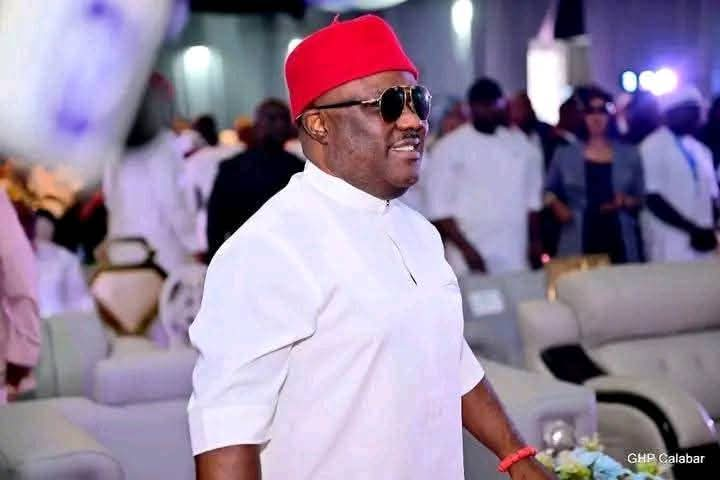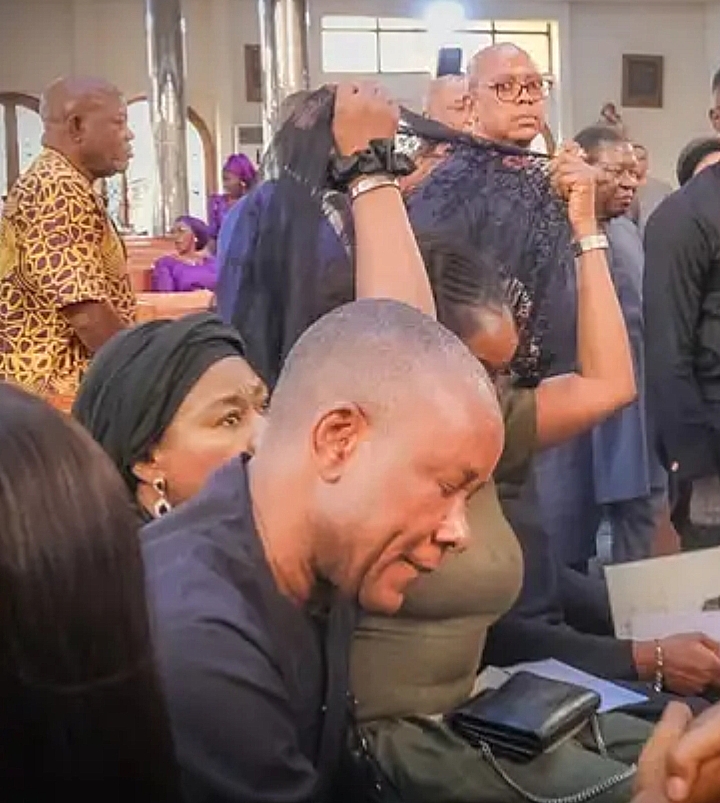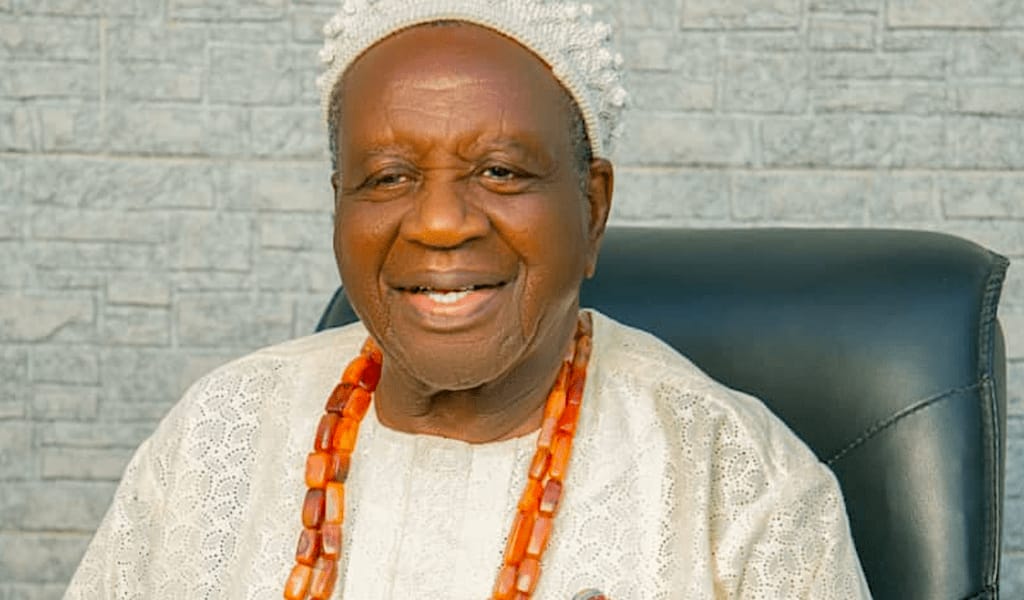
Ugo Egbujo’s critique of President Tinubu’s supposed “self-immortalization” is, at best, a selective interpretation of leadership legacy and, at worst, an unfair dismissal of historical precedent.
While it is important to hold leaders accountable, reducing a leader’s legacy to the naming of public institutions after him ignores the broader context of governance, national development, and historical recognition.
The Precedent Argument: Naming as a Historical Norm
The assertion that Tinubu is engaging in an unprecedented act of self-glorification is misleading. Naming national landmarks, barracks, universities, roads, and institutions after leaders—both living and deceased—is a longstanding global tradition. In the United States, Kennedy Airport, Reagan National Airport, and the Carter Center exist in honor of presidents. In the UK, Churchill College was established in the leader’s name while he was still alive. African history is replete with such recognitions—Nelson Mandela saw numerous institutions named after him in his lifetime, not as an act of vanity, but as a recognition of his impact.
In Nigeria, past presidents have had their names immortalized while still in office. Obasanjo had the Obasanjo Library commissioned before leaving office. Goodluck Jonathan had the Jonathan Expressway and Jonathan Airport Terminal named after him. Buhari named a university after himself, and yet Tinubu’s case is suddenly an anomaly? If we are to be objective, consistency should be applied to all leaders, not selectively weaponized against one.
The Role of Supporters and Political Structures
The claim that Tinubu is personally orchestrating this naming spree is speculative at best. Naming of public institutions is often initiated by political appointees, federal agencies, and state assemblies. The National Assembly’s decision to name a library after him is not a direct act of Tinubu’s volition. In a democracy, various actors and stakeholders contribute to governance; a president does not dictate every detail of national decision-making. If subordinates and political supporters name projects in his honor, should he be vilified for their actions? Should he reject every such motion as a matter of self-denial? That would be performative humility, not true leadership.
Legacy Building vs. Self-Aggrandisement
Egbujo conflates legacy-building with self-glorification. The fundamental question is whether Tinubu’s administration is implementing policies and projects that merit historical recognition. If the projects being named are transformative—such as the Lagos-Calabar Highway, major polytechnics, or international-level barracks—then history will judge their impact, not their name.
Awolowo’s name is now synonymous with free education and the Western Region’s infrastructural development. Yet, he did not demand his name be placed on institutions—history did it for him. If Tinubu is driving significant national projects, then the recognition, whether in his lifetime or posthumously, is part of an inevitable historical process.
The Fallacy of Mobutu and Idi Amin Comparisons
To equate Tinubu with Mobutu and Idi Amin is intellectually dishonest. Mobutu and Amin were military dictators who not only imposed their names on every state institution but ruled with absolute authoritarianism. Tinubu, in contrast, came to power through a democratic process, has opposition forces actively critiquing his policies, and operates within a constitutional framework. No institution is being forced to worship him, nor is there evidence of coercion to name projects after him. Comparing a democratically elected leader to notorious despots is an overreach that dilutes the credibility of Egbujo’s argument.
National Unity and Political Symbolism
Naming institutions after a sitting leader can also serve as a tool for national unity and political symbolism. If a president is making strides in specific sectors—education, military, infrastructure—it is not unusual for national institutions to reflect that leadership. The Tinubu Polytechnic in Abuja is a symbolic investment in technical education. The Tinubu Barracks acknowledges his administration’s push for security reforms. These are not acts of narcissism but a reflection of governance priorities.
A Balanced Perspective
It is one thing to call for ethical leadership and another to unfairly scrutinize acts that are neither illegal nor unprecedented. If history proves that Tinubu’s government initiated major national projects, then whether they bear his name or not, his legacy will endure. The real issue should not be about the names but about governance performance, economic reforms, and national development. History, not critics, will be the ultimate judge.
Sam Eno, PhD, writes from Abuja.














